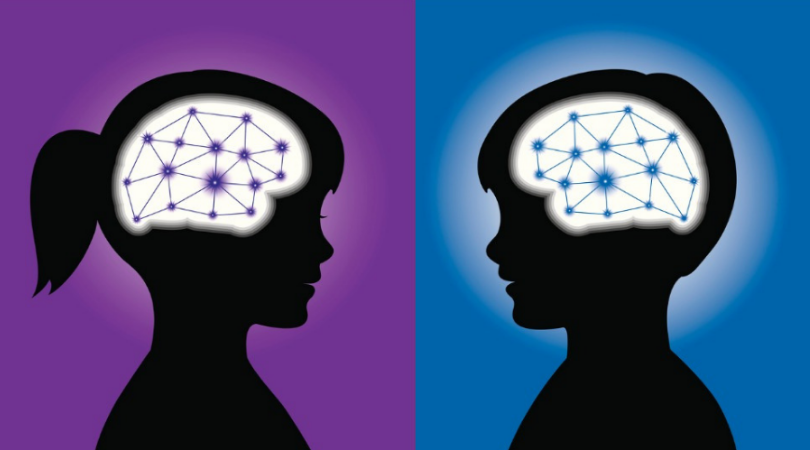This week is Child Safety Week, which aims to raise awareness on ways in which children are at risk of accidents every day, and how the adults in their care can be more aware of these potential accidents and in turn prevent them.
In recent years, it has become increasingly apparent that young people’s mental wellbeing is just as important as their physical for long term positive development and a long and healthy life. Yet, our youth are left at risk every day of developing mental health issues as many can go unnoticed by those who are unaware of the signs.
Ajuda have recently launched our new Youth Mental Health First Aid course, which teaches adults how to assist adolescents who are developing a mental health problem, experiencing a worsening of a mental health problem or in a mental health crisis, and equip adults with the knowledge and tools to deal with this on a First Aid basis.
In this week’s blog, we’re listing just some of the many ways youth mental illness can impact their daily life, which can also help you to diagnose an ongoing mental health condition in a young person.
Activity
Depending on the type of mental health condition the child is suffering with, they may lose interest in some of their favourite interest and hobbies, and in other tasks such as school or socialising with friends.
Keeping active and engaged with hobbies and activities has many benefits such as developing communication skills, fitness in the case of sports, confidence and much more.
Concentration
When an adolescent is having difficulty understanding and dealing with their emotions, having to focus on other things too can become a heavy burden – so they may seem distant and distracted at seemingly simple tasks.
Having a good level of concentration in school is crucial to ensuring they develop the knowledge and skills to further their education and set them up for life.
Behaviour
Having to deal with these negative emotions can also show in a young person’s behaviour, sometimes communicated in angry outbursts, get frustrated more easily, or sometimes take risks that they may not have taken before due to a feeling of hopelessness.
Dangerous and angry behaviour can cause significant risk, and could lead to them putting themselves in the way of potential of injury or harm.
Appetite & Sleep
Certain types of mental illness can cause people to eat and sleep noticeably more or less, or a variation where they may have periods of regular eating and sleeping and times where this pattern suddenly changes.
Maintaining a healthy level of sleep each night impacts so many crucial factors such as those points listed above, and eating can also have an effect on how healthy their body and mind is too.
If you’re concerned about a young person, or would like to know more about the ways of spotting ill mental health in the children in your care, we have ongoing courses in our Cardiff Bay Training centre which provide great knowledge and understanding – and could potentially save a life! We can also offer this course to groups of people either in our centre or in a location of your choice.
Take a look at our course description here.


